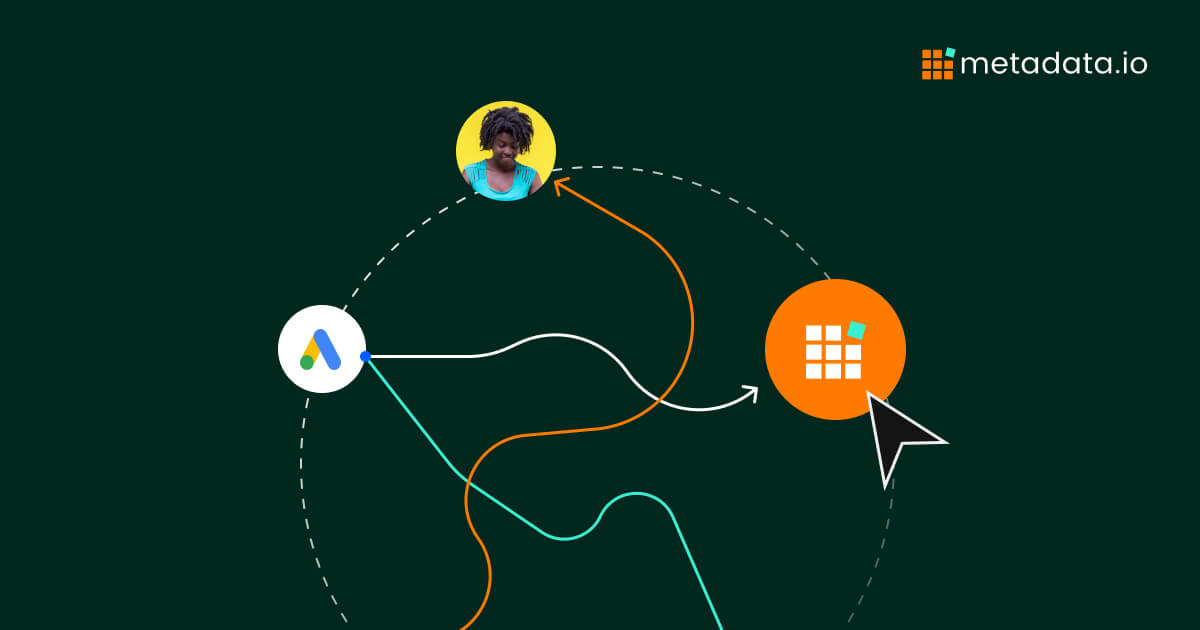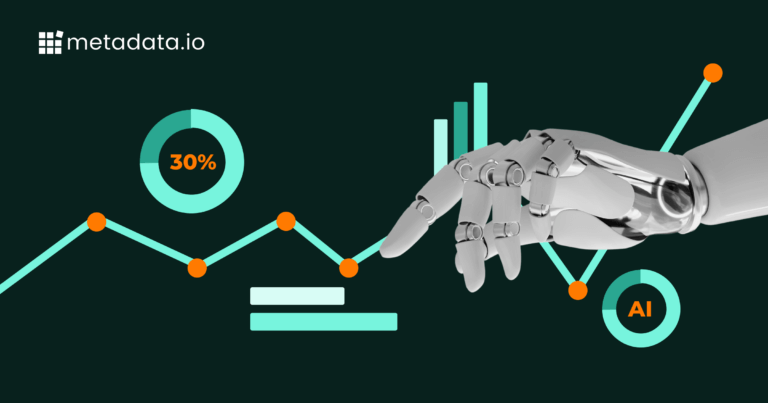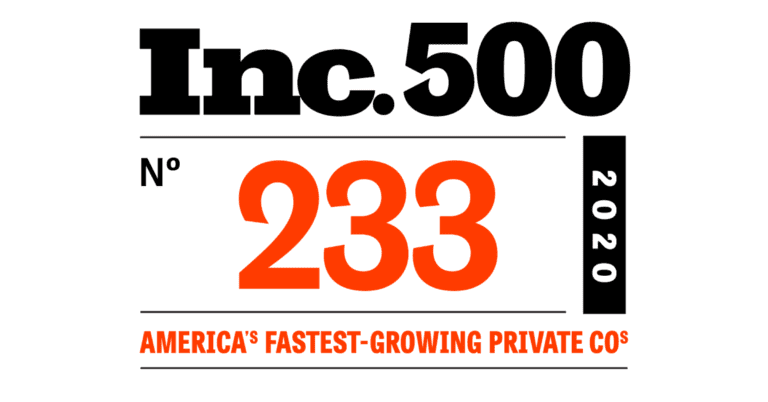What Does a Performance Marketing Agency Do?

Table of Contents
B2B SaaS companies are turning to performance marketing agencies to get tangible results and optimize their budgets. It’s not just about spending on ads anymore; it’s about partnering with experts who deliver strategies that drive real impact.
This article explores these innovative practices and how B2B companies can improve their marketing strategies to boost engagement and drive conversions.
What Can a Performance Marketing Agency Do for You?
B2B marketing can be challenging. A performance marketing agency provides strategies to drive your business forward. Here’s how partnering with one can help:
Using Advanced Analytics
A performance marketing agency doesn’t just rely on basic reporting; it uses a blend of deep data analysis, machine learning models, and predictive insights to deliver exceptional results.
For B2B businesses, long sales cycles and multi-touchpoint decision-making require tracking nuanced data across various stages. Agencies analyze key performance indicators (KPIs) such as lead generation, pipeline acceleration, and revenue impact. Tools like cohort analysis help in identifying how different customer groups interact with your campaigns over time.
Additionally, performance marketing experts deploy data visualization tools to communicate complex metrics to stakeholders in an accessible format. They also benchmark performance against industry standards to provide perspective on your market standing. This data-driven approach enables more precise budgeting, campaign planning, and resource allocation to improve both immediate results and long-term ROI.
Improving Sales Team Effectiveness
Performance marketing agencies transform how sales teams engage with prospects by integrating marketing data into sales workflows. Instead of just delivering cold leads, they provide comprehensive lead intelligence that helps sales reps anticipate prospect needs.
Agencies also help develop account-based marketing (ABM) strategies where tailored content is delivered to key decision-makers in high-priority accounts. This collaboration bridges the often-fragmented relationship between marketing and sales, leading to better-qualified leads and fewer sales cycles wasted on disinterested buyers.
Performance marketing experts also refine conversion paths by testing different call-to-action strategies and optimizing landing pages, ensuring sales teams encounter prospects already primed to make decisions.
Agencies can also provide automated solutions, such as CRM-integrated email sequencing tools, to nurture leads consistently while freeing up sales staff to focus on high-impact conversations.
Precise Audience Targeting
For B2B organizations, audience targeting isn’t as straightforward as placing ads based on demographic data.
A performance marketing agency incorporates multiple layers of targeting, combining firmographic data (company size, industry, location), technographics (existing software and tools used), and engagement signals (content downloads, webinar attendance, etc.). They use audience segmentation models to isolate high-value prospects and decision-makers, tailoring messages that address their specific challenges and priorities.
This targeted messaging strategy extends across multiple platforms, including LinkedIn, Google, and niche industry websites, ensuring a multi-channel presence that maximizes reach without diluting impact.
Agencies also continuously update targeting parameters based on campaign data, using machine learning algorithms to refine which users receive which messages. Over time, this dynamic optimization results in a higher volume of qualified leads entering your funnel, improved ad relevance scores, and ultimately, a lower cost-per-acquisition (CPA).
Continuous Campaign Optimization
After a campaign launch, performance experts don’t just monitor success metrics—they proactively test various elements of the campaign, including ad copy, imagery, targeting criteria, and placement strategies.
They often deploy tools like heatmaps to understand user interactions on landing pages and A/B tests to compare conversion outcomes. Agencies may implement multivariate tests that assess multiple changes simultaneously to speed up optimization.
Beyond tactical adjustments, strategic campaign pivots are also part of the continuous optimization process. For example, if market conditions shift—such as regulatory changes in your industry—agencies can swiftly revise messaging and compliance strategies to stay ahead of competitors.
Benefits of Partnering with Performance Marketing Agencies
A partnership with a performance marketing agency can supercharge your brand’s strategy. Here are some key benefits that make a real difference:
Enhanced Brand Visibility
Performance marketing agencies specialize in boosting brand visibility. They use strategic narratives across digital platforms to ensure your brand reaches the right people. Through SEO, social media ads, and pay-per-click (PPC) campaigns, they amplify awareness and recognition.
Effective Ad Spend Management
One major perk of working with these agencies is getting a higher ROI by managing paid media effectively. Their measurable, ROI-driven approach means your advertising dollars are spent wisely. You pay only for actual results—clicks, conversions—not just impressions. This low-risk strategy helps you optimize ad spend and allows for quick adjustments to keep campaigns on track.
Access to Expertise and Modern Tools
When you partner with a performance marketing agency, you’re tapping into a wealth of expertise and cutting-edge tools. These specialists know the ins and outs of digital marketing—from search engine tactics to social media advertising and beyond. They’re always updating their knowledge, so you don’t have to worry about constantly checking for the latest changes in advertising platforms or algorithms.
Potential Challenges to Expect
Starting a partnership isn’t always smooth sailing. One common hurdle is aligning goals and expectations. Misalignment can lead to campaigns that miss the mark, causing frustration on both sides. So, how do you get on the same page?
Open communication from the start is important. Regular meetings and updates ensure everyone knows what’s happening and why. Establishing clear KPIs, timelines, and project goals during onboarding sets the stage for success. Agreeing on how success is measured—be it lead generation, sales growth, or brand awareness—helps assess the effectiveness of your collaboration.
Think of the agency as an extension of your team. Confirming cultural fit and fostering mutual understanding can make the partnership smoother and more productive.
Analytics and Reporting Alignment
Data is powerful, but only if you can agree on what it means. Discrepancies in analytics and reporting can cause confusion and missteps. Agencies bring advanced tools to the table, but it’s crucial to specify which KPIs matter most to your business.
Setting clear expectations about metrics and reporting from the start prevents misunderstandings. Regular reporting intervals allow both parties to review performance and identify areas for improvement.
Managing Costs
Budget constraints can make partnering with an agency seem daunting, especially for smaller companies. The upfront costs might seem high compared to handling things in-house. But consider the value the agency brings—expertise, tools, and potentially better results.
To manage costs effectively, have detailed budget discussions early on. Request a comprehensive proposal outlining all expenses to avoid surprises. Flexible pricing structures or phased projects can help manage financial commitments. Performance-based pricing ensures costs are tied directly to value delivered.
Take The Next Step
Using data insights is important for optimizing marketing in the B2B SaaS sector. Performance marketing agencies are designed to help you achieve this.
If you’re looking to elevate your marketing strategies and achieve better results, explore Metadata’s managed services. This solution gives you access to skilled marketers and our advertising platform at a flat pricing rate, helping you implement an action plan to boost your advertising results.
To get started, book an intro.


